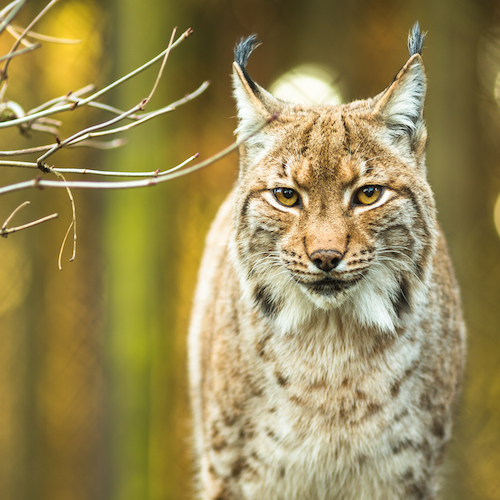
Self-evaluation – a powerful tool for improving conservation impact
True impact in conservation is not achieved by scoring results and writing success stories, but by critically assessing effectiveness and adapting strategies accordingly. By relying on a process of genuine self-reflection, the MAVA Foundation helps its grantees boost their effectiveness and strengthen the partnership of collaborating teams. As grantees can rest assured of continued funding independently of the evaluation outcome, they have a safe space to draw their own conclusions.
MAVA strongly believes in this approach of approving funding and asking for internal evaluation, as it leads to transparent communication with grantees and the assurance that the grant is used in the best way possible. The approach provides a way of simultaneously evaluating and improving the impact of the conservation projects MAVA funds.
This case study illustrates the self-evaluation process of the Balkan Lynx Recovery Programme, which has been funded by MAVA since its inception in 2006. The document outlines the three main steps of the self-evaluation process and gives a short summary of its benefits and lessons learned. It uses one of the programme’s strategies as an example, and includes an adapted version of the real Theory of Change to show a real-life outcome from the process.
This summary is meant to inspire donors, coalitions of partners, NGOs, and other organisations from the conservation community, and to encourage them to embark on their own journey of self-evaluation.
FOS Europe facilitated the self-evaluation process, and developed the case study in collaboration with the BLRP team and with support from MAVA.
MAVA strongly believes in this approach of approving funding and asking for internal evaluation, as it leads to transparent communication with grantees and the assurance that the grant is used in the best way possible. The approach provides a way of simultaneously evaluating and improving the impact of the conservation projects MAVA funds.
This case study illustrates the self-evaluation process of the Balkan Lynx Recovery Programme, which has been funded by MAVA since its inception in 2006. The document outlines the three main steps of the self-evaluation process and gives a short summary of its benefits and lessons learned. It uses one of the programme’s strategies as an example, and includes an adapted version of the real Theory of Change to show a real-life outcome from the process.
This summary is meant to inspire donors, coalitions of partners, NGOs, and other organisations from the conservation community, and to encourage them to embark on their own journey of self-evaluation.
FOS Europe facilitated the self-evaluation process, and developed the case study in collaboration with the BLRP team and with support from MAVA.

